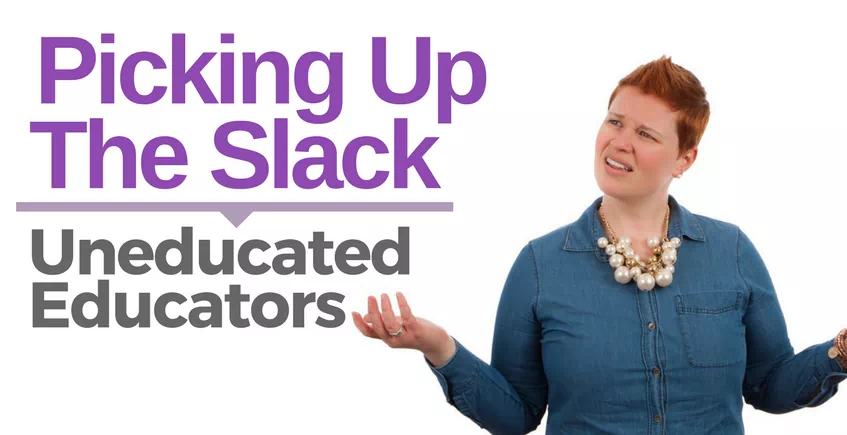Incoming college students have limited exposure to comprehensive personal finance education in high school. The lack of suitable education means students are not prepared to tackle the daunting prospect of a $30,000+ loan or the compounding interest being tacked on the principle daily.
Consequently, the higher education entities are left to pick up the slack by educating the students during their time in college - often beginning with the financial aid process. However, as demonstrated in the new Department of Education Loan Counseling Initiative (wherein chosen schools are allowed to require additional loan counseling prior to releasing federal aid), few students are grasping the loan counseling, and therefore the long term effects of those choices. In fact, a distressing article announced a shocking number of students using their financial aid for spring break trips and other non-educational, lifestyle options.
Large default rates put their institutions at risk of sanctions, including losing access to federal funds for aid, thusly making a comprehensive financial literacy course, such as iGrad, an essential in any college curriculum. Allowing easy access to personal finance topics such as credit card guidance, student loan information, and budgeting, while presenting those topics in a way that captures the imagination and attention of the students, both empower the student and safeguard the institution from rising and catastrophic default rates.
Despite an increasing number of states requiring some form of personal finance or economics education prior to graduation from high school, the teachers who feel qualified to deliver that education are lacking. Polled teachers return a discouraging 2.6% (and less than 1% of prospective teachers) that have taken a course designed to teach financial education topics. The highest group polled, 30% of k-12 teachers, had merely taken a college course with financial education topics. Put simply, few high school teachers report feeling competent to teach personal finance topics (Teachers’ Background & Capacity to Teach Personal Finance).
Responding to the stumbling block that is educators feeling insecure about their ability to teach personal finance, iGrad and the University of Illinois partnered to develop a teaching certification course specifically designed to tackle this particular problem. iGrad VP Kris Alban states “Most of these financial programs are aimed at helping the student, but very little is being done to address the low-confidence levels cited by those responsible for teaching these subjects.” Alban further states “...we are helping educators overcome these obstacles by providing them with a step-by-step guide for teaching financial literacy.”
Students who enter college with an awareness of finances and the long term effects of financial decisions prove to have better credit scores, make conscious decisions regarding financial aid, and employ empowering choices when considering their options (Money Matters on Campus). Luckily, more states are mandating a personal finance or economics course in their high schools; however, less than half of the states in the nation require this education.
According to a survey from Charles Schwab & Co, many teens hold astronomical and unrealistic expectations toward their future earning power; often suggesting they will make an average of $145,000 annually, whereas the average income for a college graduate is currently just over $50,000. The radical disconnect strongly reiterates the overwhelming need for financial literacy education before they discover the harsh realities facing them, and are unqualified or ignorant of the proper courses of action.
Online platforms like iGrad offer economical and immediate access to college students where the high schools might have failed. By encouraging students to learn more about their options and choices, as well as offering that information in an engaging and challenging platform, iGrad and others like it are actively working to deliver this valuable information in the hands of the students before, during and/or after they jet off to Cabo for Spring Break.







